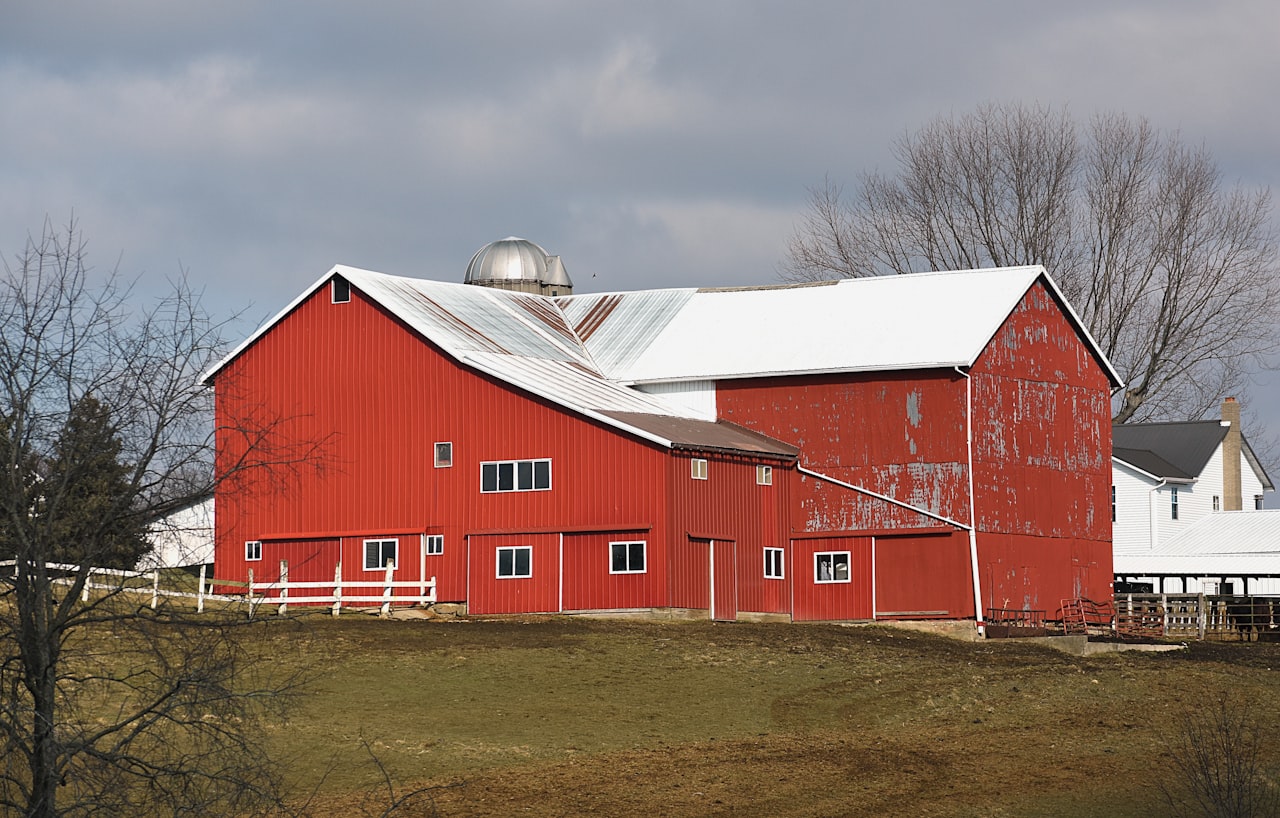Lake Mattamuskeet is the largest natural Lake in North Carolina


Lake Mattamuskeet is the largest natural lake in North Carolina, located in Hyde County, on the state's coastal plain. This shallow, 40,000-acre lake is a vital part of the Mattamuskeet National Wildlife Refuge and holds significant ecological, historical, and recreational importance.
Key Features of Lake Mattamuskeet & Natural Formation and Geography:
The lake is extremely shallow, averaging only 2 to 3 feet in depth. It was formed thousands of years ago, likely through natural processes such as peat fires or wind erosion.
Surrounded by marshlands and wetlands, the lake is critical for the region's water management, serving as a natural drainage basin.
Wildlife and Ecological Importance:
Lake Mattamuskeet is a haven for wildlife, particularly migratory birds. During the winter months, tens of thousands of waterfowl, including tundra swans, snow geese, and ducks, migrate to the area.
The lake supports various species of fish, birds, and mammals, making it one of the most important wildlife habitats on the Atlantic Flyway. Other species like otters, deer, and bobcats also inhabit the area.
Mattamuskeet National Wildlife Refuge:
Established in 1934, the refuge spans over 50,000 acres and was created to protect the lake’s ecosystem and provide a sanctuary for migratory birds and other wildlife.
The refuge offers opportunities for wildlife observation, hunting, fishing, and photography. It also focuses on habitat conservation and restoration.
Human History and the Mattamuskeet Pump Station:
In the early 20th century, there were efforts to drain the lake to create farmland. A large pumping station was built to achieve this, but the project ultimately failed, and the lake was restored. The Mattamuskeet Lodge, a former pump station, is now a historic landmark.
The lodge has been the subject of several restoration projects and remains a symbol of the area's history.
Recreational Opportunities:
Waterfowl Hunting: Lake Mattamuskeet is one of the premier duck hunting destinations in North Carolina, known for its rich waterfowl habitat.
Fishing: The lake is known for species like largemouth bass, crappie, and catfish. Anglers visit for both freshwater and brackish water fishing.
Birdwatching: The lake’s abundant birdlife attracts birdwatchers, particularly during the winter months when migratory birds are present.
Hiking and Nature Trails: There are various nature trails around the refuge where visitors can explore the natural beauty of the area.
Environmental Challenges:
Over the years, the lake has faced environmental challenges such as water quality issues, invasive species, and fluctuating water levels. Conservation efforts are ongoing to protect its unique ecosystem.
Conclusion:
Lake Mattamuskeet is a natural and cultural treasure in North Carolina, known for its rich biodiversity, historical significance, and recreational opportunities. It is a crucial part of the Mattamuskeet National Wildlife Refuge, offering visitors a chance to experience one of the state's most ecologically important landscapes.
For more details, you can visit the U.S. Fish & Wildlife Service's Mattamuskeet National Wildlife Refuge page or learn about the history of the Mattamuskeet Lodge. Legacy Farms and Ranches of North Carolina hope you have a chance to visit and explore one of our state’s natural wonders.

Mother Nature provides clues for weather events and seasonal patterns.

As the field of agritourism grows worldwide and thrives in North Carolina.


When is the Rut in NC?

Real Estate
Enhance Your Raleigh Home Sale with Interactive Virtual Tours

Buy a farm in North Carolina with help from local brokers specializing in farm sales.

Real Estate
Discover the Must-Have Amenities in Raleigh Homes

Real Estate
A Local Guide to Smart Home Upgrades for Granville County Homes

Red Fish in North Carolina
If you have a unique country home, hunting or fishing land, or other premier North Carolina property for sale, call Legacy Farms and Ranches today to learn how they can help you market your property to thousands of discerning viewers across the country.